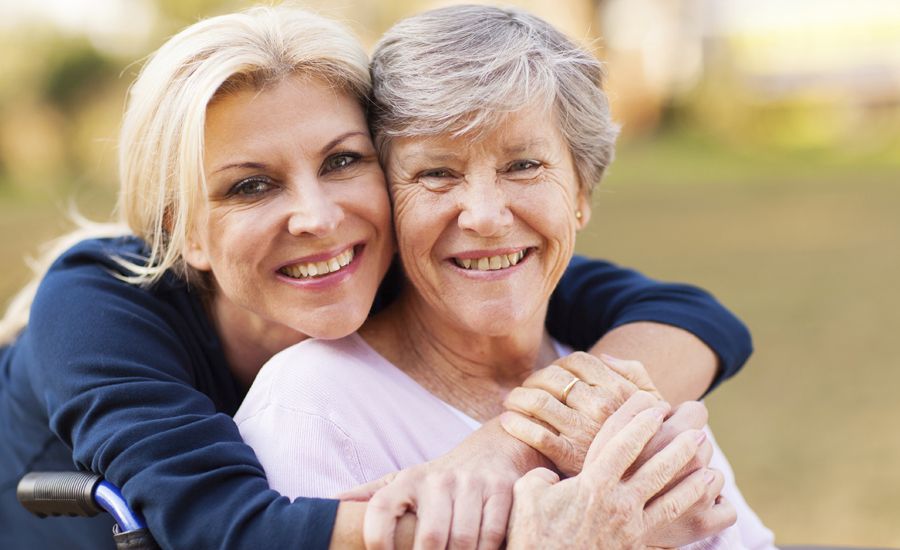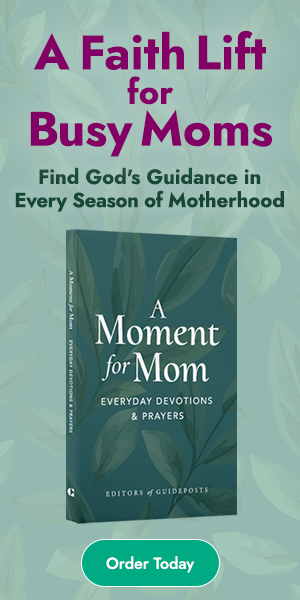You may know that taking care of someone long-term can be challenging and even tax one’s overall wellbeing. Studies bear this out, showing that caregiving often increases stress, thus potentially harming immunity and contributing to depression. There’s a term among doctors—”caregiver burden”—to describe the pressure the role can bring.
But what’s lesser known is that caregiving has some benefits—and there’s even a term for that too: “caregiver gain” or the “healthy caregiver hypothesis.” Researchers studying caregivers have been surprised to discover these boons, attributing some of the benefits to the extra physical and mental activity involved with caregiving.
Taking care of someone can require literal heavy lifting as well as intensive thought concentration. Those two things alone may keep your brain and body in better shape—and thus your emotions lifted as well. In fact, according to one poll by the National Opinion Research Center, 83 percent of caregivers considered the work they do a positive experience.
Though caregiving can be a strain—especially for those who tend loved ones with dementia—discover (and be inspired by) some of the specific benefits lent by serving someone in need.
1. Improved Memory and Thinking
All of that time spent navigating insurance claims, scheduling appointments, timing medications, and more may be good for a caregiver’s brain. You know that saying about the brain’s health—”use it or lose it”? Caregiving is an example of using it, a lot.
One Boston University study published in The Journal of Aging and Health in 2011, found that older women who cared for someone long-term had significantly sharper memory and better thought processing speed than their non-caregiving peers.
2. Increased Lifespan
Though the stress of caregiving has been found in some studies to trigger an earlier death, a 2010 study published in The Journal of the American Geriatrics Society found that some caregivers actually experience the opposite. Researchers tracking women over several years found that the caregivers lived longer than those who weren’t taking care of anyone.
A 2008 study’s findings “support to the growing body of literature which suggests that the positive aspects of caring have been underreported.” The bottom line: Nobody talks about the fact that caregiving may be good for you.
3. Enhanced Sense of Purpose
There’s a je ne sais quoi to the reasons for “caregiver gain.” Some speculate that this may have something to do with a sense of purpose. Studies have found that once people retire, cognition may decline. Not using the brain and body as much is part of that, but many also attribute that to a lost sense of reason for being.
Having a strong sense of purpose is correlated with a lower occurrence of cardiovascular disease, according to a meta-analysis recently published in Psychosomatic Medicine: Journal of Biobehavioral Medicine. Humans need to feel like we have a reason for being here in order to thrive—and though caregiving may cause stress, it does mean we’re needed and that matters a lot when it comes to how we feel.
4. Physical Strength
Not all caregiving requires bathing or moving the care recipient, but some of it does. And all of it requires at least some action—getting glasses of water, making food, generally walking around. Which potentially adds up to a lot of activity.
The same researchers in the Boston University study cited above found that caregivers had a stronger grip and could walk faster than non-caregivers. Physical strength is generally great news for blood sugar levels, muscle tone, joint flexibility, mood, and overall mental health.
Each caregiver’s situation is unique, but if you find yourself noticing the upside of caregiving, you’re not alone. In fact, there’s science to support your experience.






